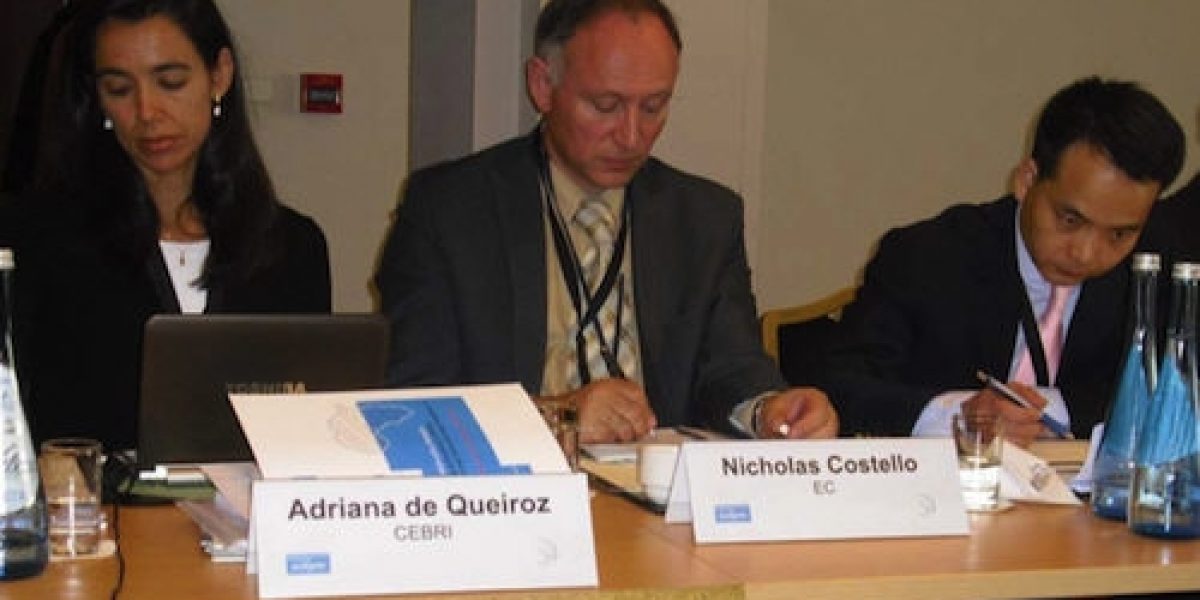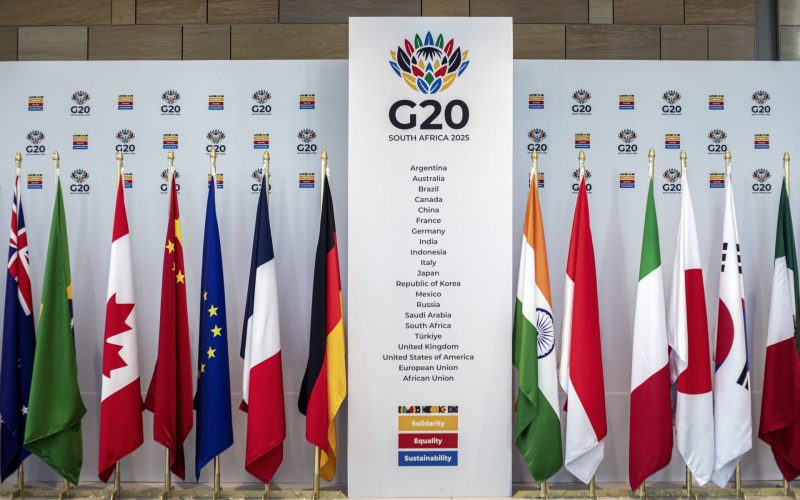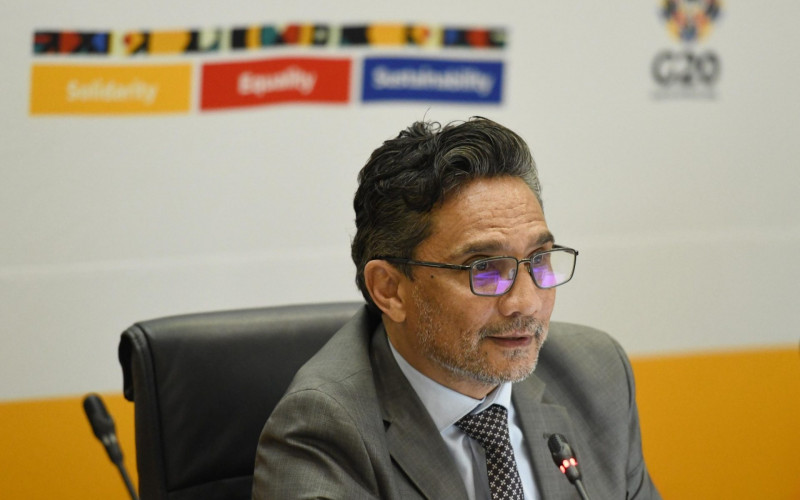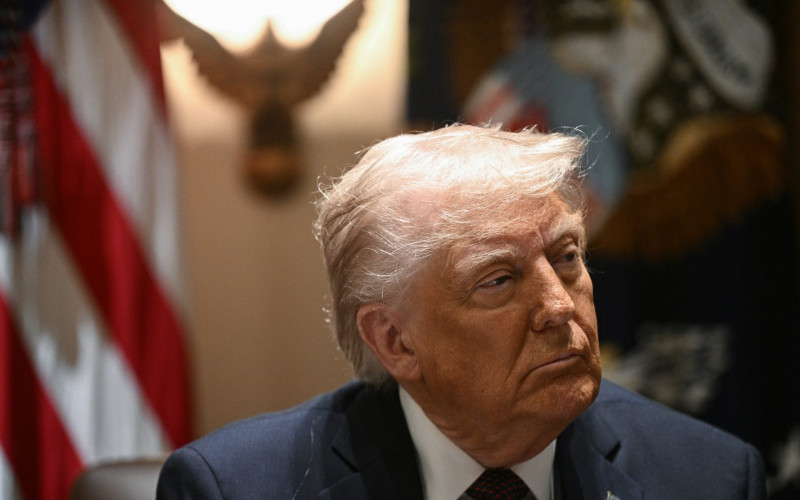The European Centre for Development Policy Management (ECDPM) and the South African Institute of International Affairs (SAIIA) recently hosted the first in a series of policy dialogues in Brussels, Belgium.
Supported by the German Marshall Fund (GMF), the meeting brought together perspectives from Africa, Europe, China, India and Brazil and included key stakeholders in government, the private sector, civil society and research organisations. A number of the key points emerged during discussions:
- Many participants recognised that the narrow aid effectiveness debate framework playing out in the North was not sufficient as it did not consider the new realities resulting from the emerging powers’ involvement in Africa. Nevertheless, processes for modernising development policy in the traditional donor countries are now in place.
- In creating opportunities for knowledge-sharing and mutual learning between North and South (both emerging powers and African states), using existing fora for dialogue is the better option, rather than creating new ones.
- While triangular cooperation and dialogue processes (i.e. among Africa, emerging economies and traditional partners) were regarded by many participants as extremely functional in sharing experiences and developing a common modus operandi, their efficacy depends on a substantial degree of trust among all actors (while many Africans continue to be suspicious of such initiatives, seeing them driven largely by Europe).
- African policy makers have the opportunity in this transitional period to consider which of the existing developmental frameworks and instruments may be suitable for their engagement with emerging partners.
Triangular or bilateral dialogue processes should not be limited to government-to-government exchanges, but include the private sector and other civil society stakeholders, which have a critical role to play in a more widely defineddevelopment engagement.
- Although reconciling commercial interests and altruistic values is not easy in the short term, a balanced approach by all partners of Africa towards more coordination and coherence between ODA and non-ODA flows and public and private action would be an important contribution to a development effectiveness agenda.
Report and Programme:
Download the full report, compiled by the ECDPM. [pdf-English]
This paper should be cited as: ECDPM-SAIIA. 2011. Meeting report ‘Emerging players in Africa: What’s in it for Africa-Europe relations? ECDPM-SAIIA policy dialogue ‘Emerging players in Africa’, Brussels, 28 March 2011. Maastricht: European Centre for Development Policy Management.
Download the discussion agenda. [pdf-English]
Presentations:
Download the presentation by Francesco Rampa: A European Perspective on Changing Africa- Europe Relations. [pdf-English]
Download the presentation by Shuaihua Cheng: Corporate Responsibility of Chinese Business in Africa. [pdf-English]
Picture Gallery:
Download the photo gallery of the discussions [pdf-English]
|
Also see: “New actors in Africa: How is their entry affecting the continent’s relations with the EU?” a seminar presented by SAIIA, the ECDPM and KAS held on 12 October 2011 Download the report [.pdf] |


 Triangular or bilateral dialogue processes should not be limited to government-to-government exchanges, but include the private sector and other civil society stakeholders, which have a critical role to play in a more widely defineddevelopment engagement.
Triangular or bilateral dialogue processes should not be limited to government-to-government exchanges, but include the private sector and other civil society stakeholders, which have a critical role to play in a more widely defineddevelopment engagement.




